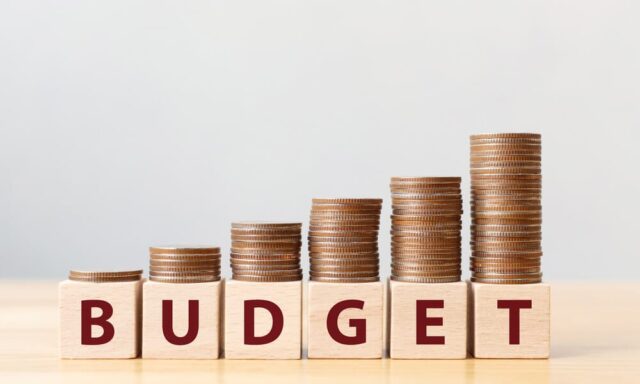Managing your money well is one of the most important life skills — yet many people never get the chance to learn how. Whether you’re a student trying to stretch a small allowance, a young professional just starting out, or a parent managing family expenses, developing good money habits can change your financial future.
The truth is, most people don’t get rich by luck. They build wealth gradually through smart and consistent decisions with their money. The good news? You can start improving your financial life today, no matter your income level.
Here are seven smart money habits that will help you spend better, save more, and secure your financial future.
1. Track Your Spending Regularly
The first step to better money management is awareness. You need to know exactly where your money is going. Most people are shocked when they start tracking their expenses — those little daily purchases add up fast.
Use a simple notebook, a spreadsheet, or a budgeting app to track your expenses for a full month. Once you see the truth about your spending patterns, you can start making better decisions.
By tracking your money, you’ll spot wasteful spending and have more control over your financial future.
2. Create and Stick to a Monthly Budget
A budget is simply a plan for how you’ll use your money. It’s not about restriction — it’s about being intentional.
Start by writing down your total income for the month. Then allocate amounts for essentials like food, rent, transportation, savings, and a bit for enjoyment. Prioritize needs over wants.
Budgets are personal. What works for one person may not work for another. What matters is that you set realistic limits and follow through. A good budget gives you freedom, not stress.
3. Build an Emergency Fund
Life is full of surprises — some of them expensive. Whether it’s a medical emergency, job loss, or urgent repairs, unexpected events can throw your finances into chaos.
That’s why building an emergency fund is one of the smartest things you can do. Start by saving a small amount regularly until you have at least one month’s worth of expenses. Then aim for three to six months.
Keep your emergency fund in a separate savings account — not in your wallet or mobile money account where it’s easy to touch. Having this financial cushion reduces anxiety and keeps you from going into debt when life gets tough.
4. Cut Back on Unnecessary Expenses
Many people live paycheck to paycheck not because they earn too little, but because they spend too much. Take a hard look at your regular expenses and ask yourself: what can I cut?
Do you really need multiple streaming subscriptions? Could you cook at home more instead of eating out? Are there cheaper alternatives to your current internet or phone plan?
Small savings add up over time. Trimming even GHS 5–10 a day from your spending can save you hundreds or even thousands per year. That’s money you can redirect toward savings, investments, or paying down debt.
5. Set Financial Goals and Write Them Down
Saving just for the sake of saving can feel boring. That’s why setting specific goals is so powerful — it gives your money purpose.
Whether you’re saving for a new phone, paying off a loan, planning a wedding, or building a business, having clear goals motivates you to keep going.
Write down your short-term, medium-term, and long-term financial goals. Review them regularly and track your progress. Seeing yourself move closer to your goals will keep you focused and committed.
6. Avoid Debts You Can’t Afford
Debt is not always bad. Some forms — like student loans or business capital — can be helpful if managed wisely. But high-interest debts like payday loans, mobile loan apps, or credit card debt can trap you in a cycle of financial struggle.
Avoid borrowing for non-essential items. If you must take a loan, make sure you understand the terms and have a solid repayment plan.
Always ask yourself: “Is this debt helping me grow — or just costing me peace of mind?”
The less debt you carry, the more financial freedom you’ll enjoy.
7. Invest in Your Financial Education
One of the best money habits isn’t about spending or saving — it’s about learning. The more you understand how money works, the better decisions you’ll make.
Follow personal finance blogs, watch YouTube channels about budgeting or investing, and read books that teach you how to grow your money. Don’t just rely on what others say — do your own research and keep improving your knowledge.
Financial literacy is the foundation of wealth. The more you know, the more you grow.
Final Thoughts
Improving your financial life doesn’t happen overnight. It’s the result of small, consistent habits done every day. You don’t need a huge salary to build wealth — you just need discipline, awareness, and a clear plan.
Start by choosing just one habit from this list and practice it for a few weeks. Once it becomes second nature, add another. Over time, these small shifts will create big results in your life.
Your financial journey is yours to shape — and it starts with the habits you build today.
Source: HotFmOnline.com
Do you have a story to share? Send it to our editorial team at editor@hotfmonline.com


